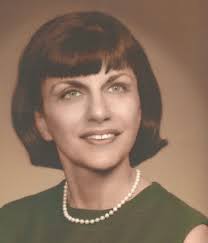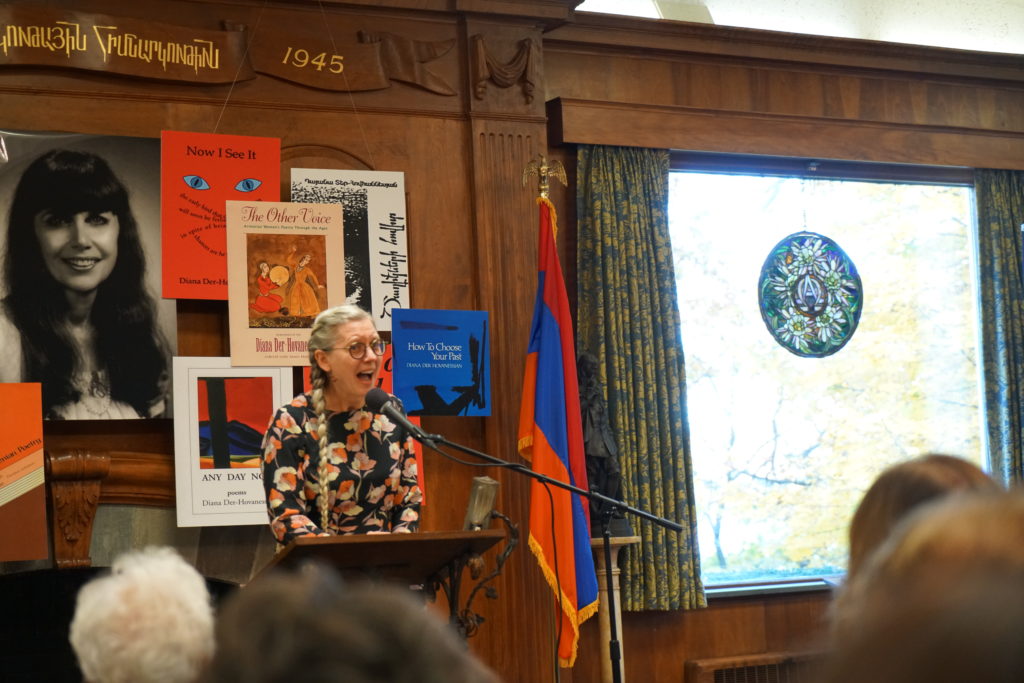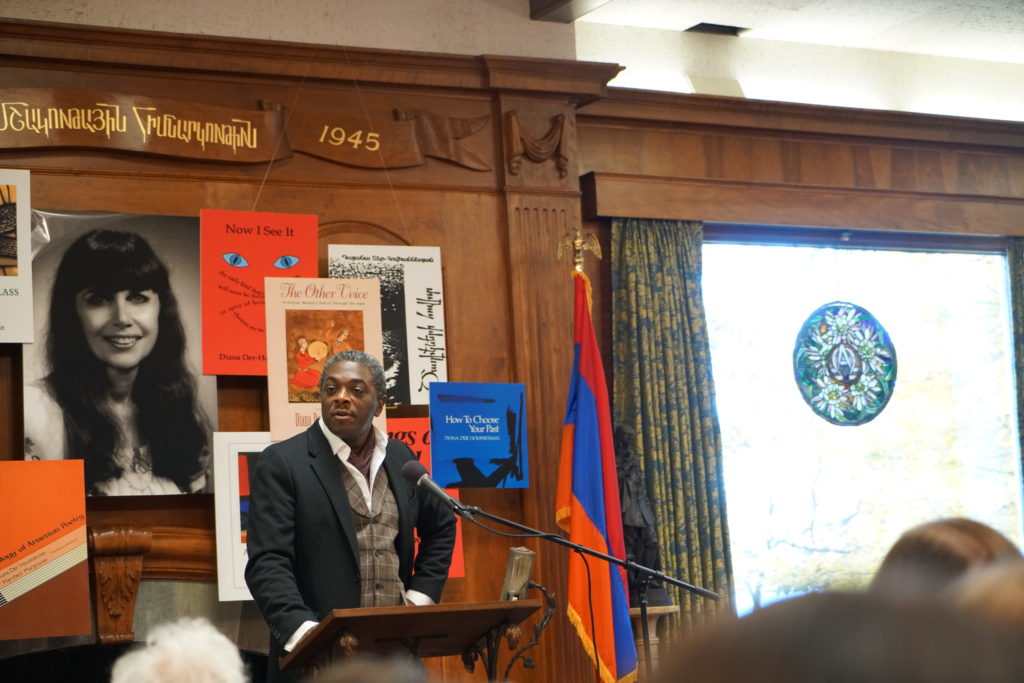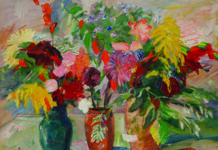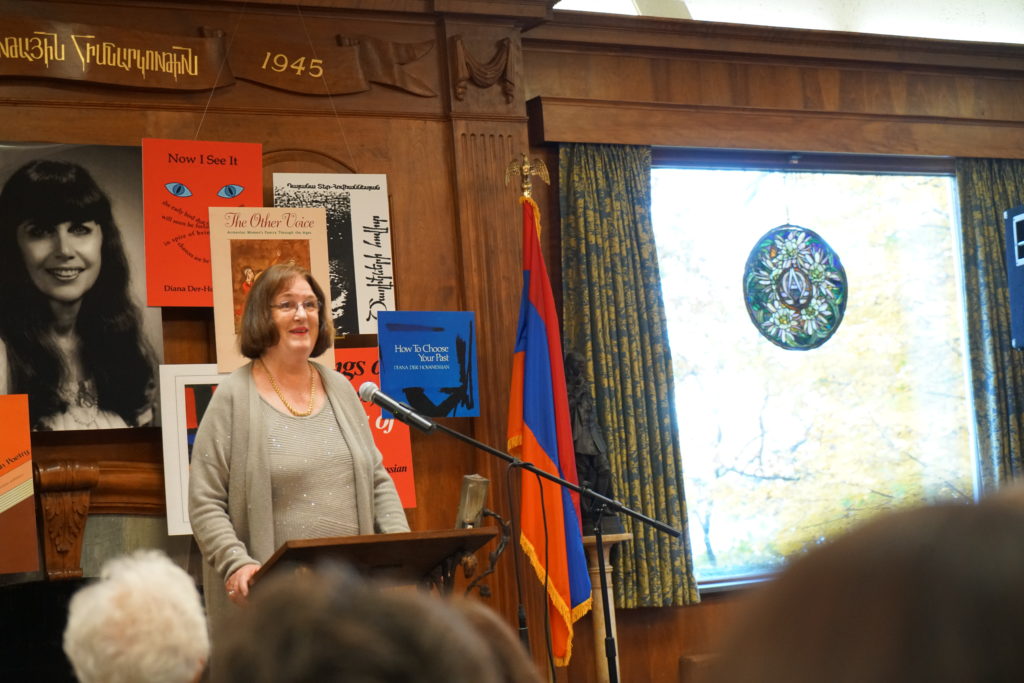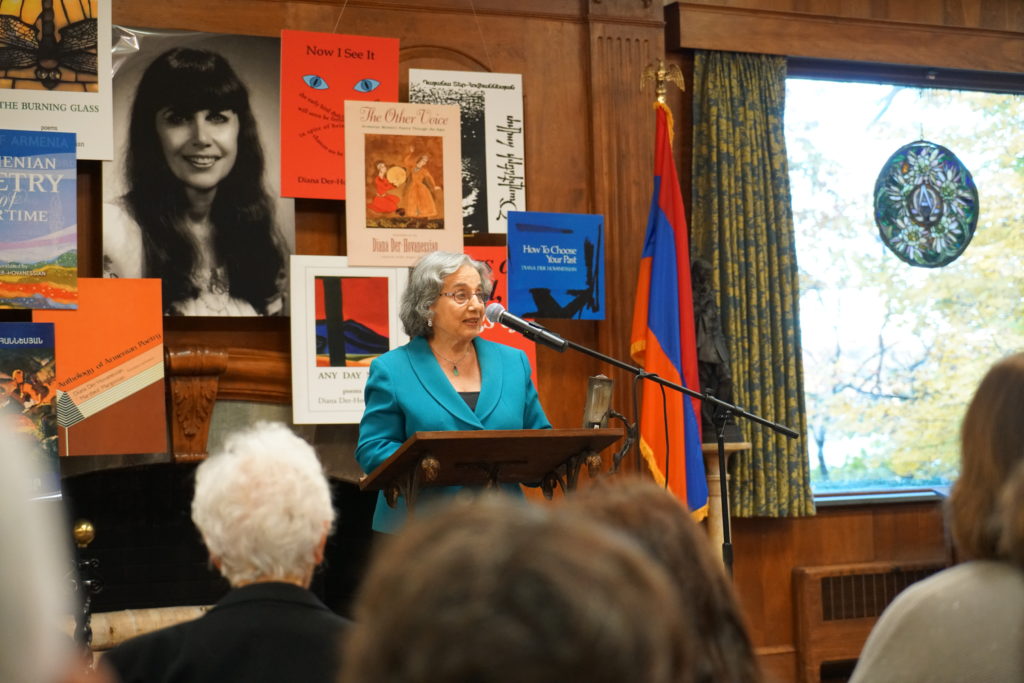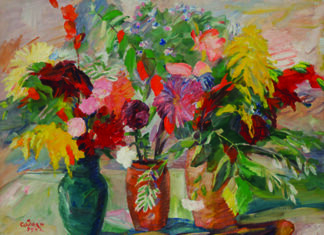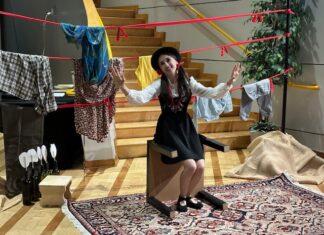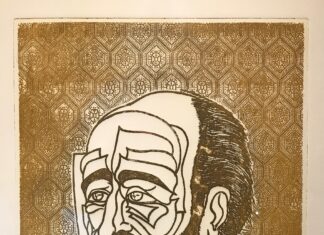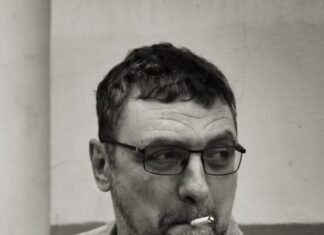ARLINGTON, Mass. — On the afternoon of November 4, the award-winning late poet Diana Der Hovanessian was feted at the Armenian Cultural Foundation (ACF) by an enthusiastic audience of about 150 people in the manner that she would have appreciated: through poetry, family, food and friendship.
An array of people from Diana’s life as a friend, mother, aunt and fellow poet recited her poems while sharing stories about her warmth, hospitality and simultaneous love for her Armenian heritage and her cosmopolitan outlook.
Opening remarks were provided by ACF President Robert Mirak, who praised her for impeccable judgement and taste as a poet.
He also recalled that the ACF had honored her in that very room in 1999.
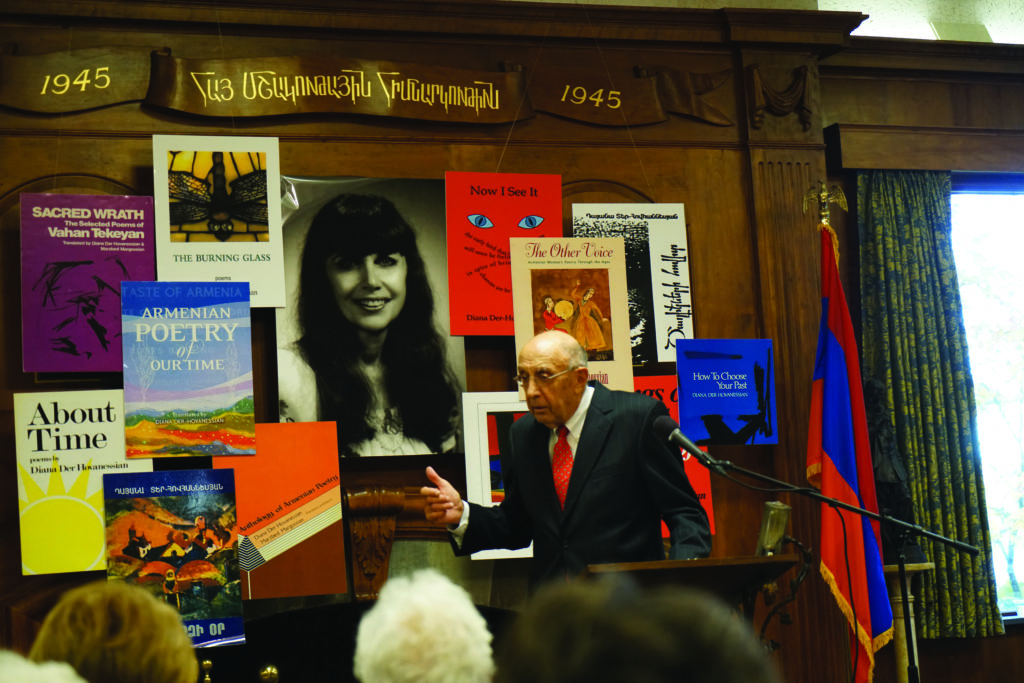
Der-Hovanessian, who during her life championed Armenian poetry, poems dear to her father — works by Daniel Varoujan, Vahan Tekeyan and Siamanto — as well as new poets, died in March at age 83.
She was the author of 30 books of poetry and translations, several plays, and twice was a Fulbright professor of American Poetry. She received awards from NEA, Poetry Society of America, PEN/Columbia Translation Center, National Writers Union, Armenian Writers Union, Paterson Poetry Center, Prairie Schooner, American Scholar, the Armenian Ministry of Culture, and many others too numerous to list. Her work has appeared in Poetry, Agni, Nation, the New York Times, CDM and the Paris Review. She was a graduate of Boston University and did graduate work at Harvard. She worked as a poet in the Massachusetts schools and frequently lectured on Armenian poetry in translation, and the literature of human rights at various universities both here and abroad.



